15 Amazing Health Benefits Of Lemongrass Tea & How To Prepare
Experience the power and goodness of consuming this aromatic and refreshing tea daily.
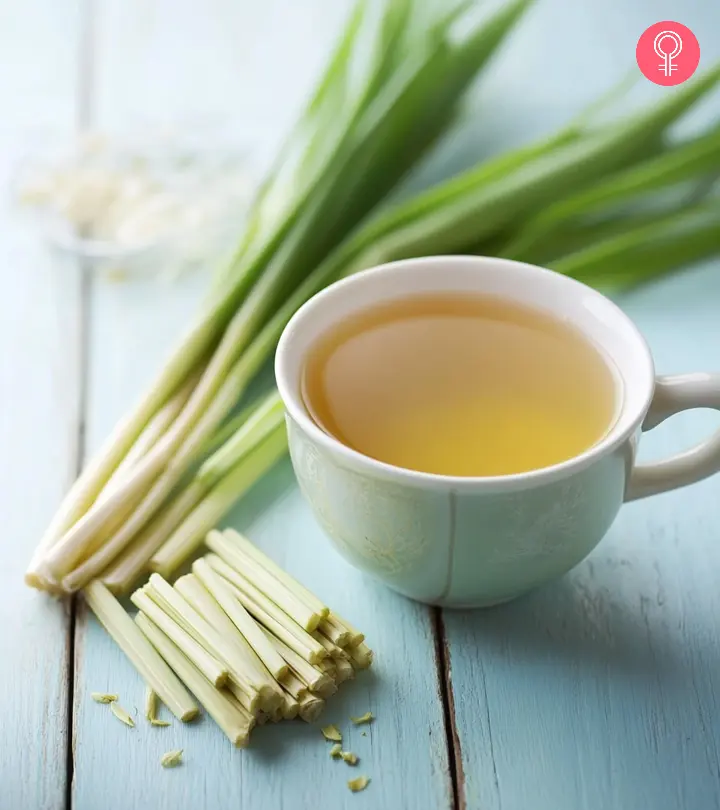
Image: Midjourney/ StyleCraze Design Team
The lemongrass tea benefits may make you want to sip on a cup or two. Lemongrass, also called citronella, is an herb that promotes sleep and immunity. This beverage is rich in bioactive compounds and may promote weight loss, control blood pressure, and help treat common cold symptoms. This article discusses the benefits of lemongrass tea, its nutritional profile, and any potential side effects. Keep reading.

 Know Your Ingredient: Lemongrass Tea
Know Your Ingredient: Lemongrass TeaWhat Is It?
Herbal tea made from the culinary herb lemongrass or Cymbopogon.
What Are Its Benefits?
It contains polyphenols that aid in fat oxidation and weight loss and has antibacterial effects that may help with respiratory decongestion.
Who Can Consume It?
Anyone can consume this tea except those who are taking sedatives and medications broken down by the liver such as muscle-relaxing medicines.
How Often?
It can be consumed daily in moderation.
Caution
More than 2 glasses daily can lead to lung issues and miscarriage.
In This Article
What Is Lemongrass Tea Good For?
Several studies have proven how lemongrass tea can help relieve abdominal issues (like stomach cramps and pain), blood pressure, cough, cold, and even exhaustion.
Lemongrass essential oil is particularly used to treat muscle pain upon inhalation. The plant is also used in foods and beverages as a flavoring. There are several other ways this plant is utilized – but in this post, we stick to the health benefits, the most important of all.
Key Takeaways
- Lemongrass tea helps in natural detoxification and may lower blood sugar levels.
- The eugenol in lemongrass may help relieve headaches.
- Drinking 1 to 2 cups of lemongrass tea daily is considered safe.
- Overconsumption of lemongrass tea may cause lung issues and miscarriage.
What Are The Health Benefits Of Lemongrass Tea?
The tea aids weight loss, and given its ability to lower blood sugar, it can be a good supplemental treatment for diabetes. Studies have shown that lemongrass tea benefits include immunity against hypertensioni High blood pressure due to the blood exerting excessive force on the artery walls; usually shows a blood pressure of over 140/90. and cancer as well. Lemongrass tea also boosts the health of your skin and hair.
1. Aids Weight Loss

Lemongrass tea contains very few calories. This makes it one good inclusion to your weight loss diet. The tea also fills you up, preventing you from overeating. Sipping it during the day can also stop you from overeating.
The tea contains polyphenols that are found to increase energy expenditure and fat oxidation, thereby contributing to weight loss. It can also be used for detox, and this kickstarts your metabolism and aids weight loss. And since lemongrass tea is a natural diuretic, drinking enough of it can help you drop some water weight.
2. Might Help In Diabetes Treatment
Some studies show that lemongrass tea can lower blood sugar levels, and this can be beneficial to people with diabetes. But consult your doctor if you are already on diabetes medication. Studies have also shown that taking lemongrass tea can improve fasting blood glucose levels.
Also, since lemongrass tea works as a detox, it can purify your pancreas and improve its functionality.
3. Regulates Blood Pressure
Studies have dubbed lemongrass as a traditional remedy for hypertension
(1). Another study conducted in 2012 found that intake of lemongrass tea can cause a moderate drop in blood pressure levels – results that are much better when compared to green tea intake (2).
But we suggest that individuals with heart problems use lemongrass tea with caution – for the very same reason.
4. Helps Fight Cancer
Laboratory studies have shown that lemongrass extract can inhibit the early phases of cancer, especially that of the liver. One compound in lemongrass, called citral, was found to induce cell death in the case of breast cancer.
Studies have also shown how lemongrass extracts can be a nontoxic alternative to cancer treatment (3). Some sources say that lemongrass also helps treat prostate cancer – although concrete research is lacking.
5. Improves Digestive Health

Lemongrass tea works wonderfully well as an alternative remedy for stomach cramping, upset stomach, and other digestive issues. Studies have shown that lemongrass can be effective in treating gastric ulcers (4).
Lemongrass essential oil can also help protect the stomach lining from aspirin (regular use of aspirin can often cause gastric ulcers). Among the many lemongrass essential oil benefits, its ability to improve digestion is well-known (5).
6. Enhances Kidney Functioning
Lemongrass tea works as a good detox, and it can help cleanse the kidneys as well. This might invariably improve their functioning.
7. Promotes Deep Sleep

Lemongrass tea has a calming effect that helps in relaxation, which can aid deep sleep. It can also help relieve insomnia and irritability – and this is especially true with lemongrass oil.
8. Treats Yeast Infections
Lemongrass oil contains citral and limonene, two important compounds that prevent the growth of bacteria and fungi. The oil possesses antibiotic-like effects, which can help treat yeast infections.
One Brazilian study talks about the antifungal activity of lemongrass and how it can help treat Candida (6).
9. Reduces Anxiety
The same calming effects of lemongrass play a role here too. In fact, one Brazilian study spoke of how the aroma of lemongrass could be used to reduce anxiety (7).
10. Can Treat Headaches
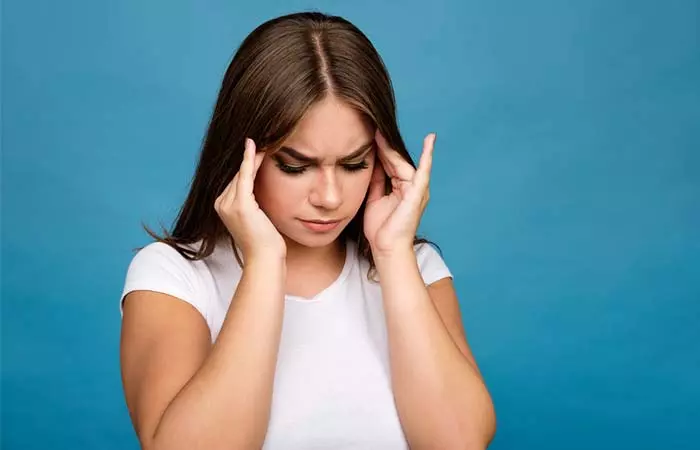
In tests, lemongrass tea was found to treat headaches in ways similar to that of aspirin. The tea inhibits the clumping of human blood platelets, thereby treating headaches. This property can be attributed to eugenol, a specific extract found in lemongrass. Lemongrass tea can also combat dehydration, and this can help combat headaches too (dehydration can cause headaches). Making lemongrass tea a part of your overall fluid intake can be a good idea.
11. Heals Sore Throat
The antibacterial and anti-inflammatory properties of lemongrass tea can decongest your respiratory system by relieving inflammation, and thereby relieve sore throat. The tea also has the ability to cleanse toxins from the body and stimulate lymph drainage.
12. Treats Cold, Cough, And Allergies
There is mostly only anecdotal evidence for this. The tea might enhance immunity, and this can help fight cold and cough and the related allergies.
13. Improves Skin Health

The rich antioxidants, antiseptic and astringent properties of lemongrass tea can boost skin health. The essential oil tones your skin and makes it radiant. You can drink the tea or add the essential oil to your shampoos and soaps. The tea can also sterilize your pores and strengthen your tissues. The citral in lemongrass can also help prevent skin cancer.
Lemongrass can also treat infections like folliculitisi A prevalent skin disorder where one or more of the cavities from which hair grows (hair follicle) is inflamed due to acne or application of topical creams. and cellulitisi A prevalent bacterial skin infection that renders the skin around the infection red, swollen, and painful. , which are caused by bacteria. And being antifungal, the tea can also help treat fungal infections on the skin.
14. Boosts Hair Health
Drinking lemongrass tea might strengthen your hair follicles, thereby preventing hair fall. Talking about dandruff, the essential oil can work wonders. Studies have shown how applying the oil to hair can reduce dandruff in a matter of 7 days (8).
The oil is most effective when used daily. Add a few drops of the oil to your shampoo and conditioner.
15. Promotes Oral Health
Lemongrass tea possesses antibacterial and anti-inflammatory properties that may help combat oral infections and reduce gum inflammation. Research suggests that drinking lemongrass tea may also inhibit the growth of bacteria that cause plaque formation and bad breath (9).
The tea offers a distinct citrusy flavor that leaves a clean and rejuvenating sensation in your mouth. You may try replacing your regular tea with this tea until your oral health condition subsides. Afterward, you may still incorporate this tea into your daily routine to help reduce the risk of oral infections.
However, remember that lemongrass tea can only complement your oral care routine. It is not a replacement for regular brushing, flossing, and dental check-ups.
These are the benefits of lemongrass tea. But what contributes to these benefits are the nutrients present in lemongrass – which are what we will see now.
What Is The Nutritional Profile Of Lemongrass*?
Nutrition FactsServing Size 67g | ||||
Amounts Per Selected Serving | ||||
| Calories 66 | Calories from Fat 3 | |||
| % Daily Value* | ||||
| Total Fat 0g | 1% | |||
| Saturated Fat 0g | 0% | |||
| Trans Fat | ||||
| Cholesterol 0mg | 0% | |||
| Sodium 4mg | 0% | |||
| Total Carbohydrate 17g | 6% | |||
| Dietary Fiber | 0% | |||
| Sugars | ||||
| Protein 1g | ||||
| Vitamin A | 0% | |||
| Vitamin C | 3% | |||
| Calcium | 4% | |||
| Iron | 30% | |||
| Vitamins | ||||
|---|---|---|---|---|
| Amounts Per Selected Serving | %DV | |||
| Vitamin A | 4.0IU | 0% | ||
| Vitamin C | 1.7mg | 3% | ||
| Vitamin D | – | – | ||
| Vitamin E (Alpha Tocopherol) | – | – | ||
| Vitamin K | – | – | ||
| Thiamin | 0.0mg | 3% | ||
| Riboflavin | 0.1mg | 5% | ||
| Niacin | 0.7mg | 4% | ||
| Vitamin B6 | 0.1mg | 3% | ||
| Folate | 50.2mcg | 13% | ||
| Vitamin B12 | 0.0mcg | 0% | ||
| Pantothenic Acid | 0.0mg | 0% | ||
| Choline | – | |||
| Betaine | – | |||
| Calorie | ||||
| Amounts Per Selected Serving | %DV | |||
| Calories | 66.3(278 kJ) | 3% | ||
| From Carbohydrate | 60.6(254 kJ) | |||
| From Fat | 2.7(11.3 kJ) | |||
| From Protein | 3.0(12.6 kJ) | |||
| From Alcohol | 0.0(0.0 kJ) | |||
| Minerals | ||||
| Amounts Per Selected Serving | %DV | |||
| Calcium | 43.6mg | 4% | ||
| Iron | 5.5mg | 30% | ||
| Magnesium | 40.2mg | 10% | ||
| Phosphorus | 67.7mg | 7% | ||
| Potassium | 484mg | 14% | ||
| Sodium | 4.0mg | 0% | ||
| Zinc | 1.5mg | 10% | ||
| Copper | 0.2mg | 9% | ||
| Manganese | 3.5mg | 175% | ||
| Selenium | 0.5mcg | 1% | ||
| Fluoride | – | |||
*Values are of the raw lemongrass plant, sourced from the USDA database. You can eat raw lemongrass. Just make sure you remove the stalk as it can be difficult to chew.
Okay. So you know the benefits of lemongrass tea. What do you do next? Prepare it.
How To Make Lemongrass Tea
The process is quite simple.
What You Need
- 4 cups of water
- 2 cups of chopped lemongrass stalks
- ¼ cup of sugar
Directions
- In a medium saucepan, bring the water to a boil over high heat.
- Add the lemongrass stalks and boil for 5 minutes.
- Reduce the heat to low, and simmer for 5 more minutes.
- Strain the liquid to separate the stalks.
- Stir in the sugar.
- Serve warm or chilled.
 Quick Tip
Quick TipAiman Amani Karim, a blogger, shared how she made lemongrass tea for her mother to help reap its health benefits. She said, “ I usually boil a pot of water, drop the chopped leaves of one stalk in after I turn the gas off, and once it has cooled, just pop them into the fridge for a couple of hours (i).” She further explained that if the lemongrass stalk has more leaves, she diluted the tea before serving.
All good. But can you drink as much lemongrass tea as you want? Well, maybe not.
How Much Lemongrass Tea Can You Drink In A Day?
One or two cups of lemongrass tea a day is safe. If you are suffering from any medical condition, consult your doctor regarding the dosage.
 Quick Tip
Quick TipThough the tea is quite healthy, drinking it in excess does harm.
What Are The Side Effects Of Lemongrass Tea?
- Lung Problems
Some individuals have reported having lung problems after inhaling lemongrass. Though this has to only do with inhaling lemongrass essential oil, we recommend you check with your doctor before taking the tea as well.
- Issues During Pregnancy And Breastfeeding
Lemongrass might stimulate menstrual flow and can lead to miscarriage. Avoid lemongrass tea during pregnancy. And we don’t have enough information on taking lemongrass tea during breastfeeding – hence, stay safe and avoid use.
Infographic: Lemongrass Tea: Preparation, Dosage, And Benefits
Lemongrass is an aromatic herb with medicinal properties. It has an array of benefits and a refreshing taste. The infographic below gives a clear overview of its preparation, dosage, and benefits. Check it out! Illustration: StyleCraze Design Team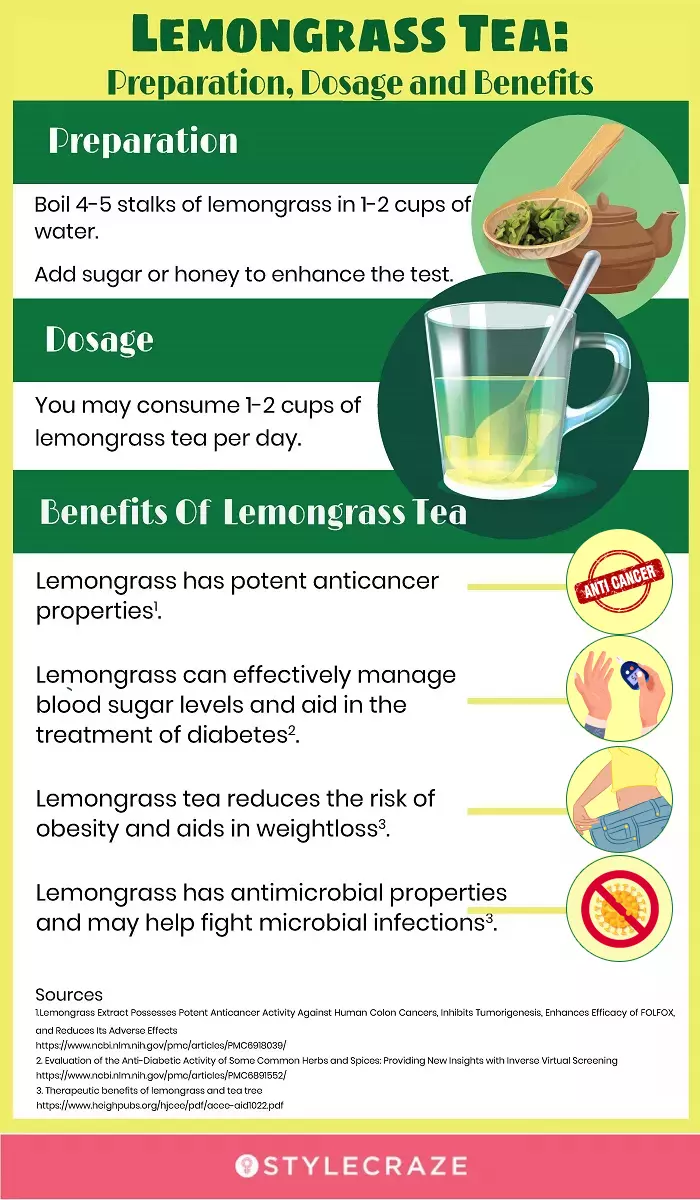
The benefits of lemongrass tea are numerous. This tea is loaded with many beneficial nutrients that can promote overall health. The tea may aid in weight loss, help manage diabetes, and effectively regulate blood pressure. It also reduces cancer risk and promotes digestive, kidney, skin, and hair health. In addition, lemongrass tea helps heal a sore throat and helps combat anxiety, headaches, cough, allergies, and the common cold. However, overconsumption may cause lung problems and could be unsafe during pregnancy and breastfeeding. Hence, caution is advised. However, moderate intake can be safe and beneficial.
Frequently Asked Questions
What part of lemongrass do you use to make tea?
The leaves of the lemongrass plant are used to make the tea.
Can you drink lemongrass tea every day?
Yes, you can take it every day. But keep in mind the dosage – 1 to 2 cups per day.
Does lemongrass tea contain caffeine?
No, lemongrass tea doesn’t contain caffeine. It is naturally caffeine-free.
How long do you brew lemongrass tea?
You can brew the tea for about 10 minutes.
What is the best time to drink lemongrass tea?
You can have lemongrass tea at any time of the day, but it is recommended to have it in the early morning on an empty stomach. It may boost your digestive system and aid metabolism.
Is lemongrass acidic or alkaline?
Lemongrass is an alkaline herb.
Is lemongrass tea good for acid reflux?
Possibly. Lemongrass tea may act as a diuretic and soothe acid reflux. It also has digestive properties that may help soothe an upset stomach.
Is lemongrass tea good for uric acid?
Possibly. Anecdotal evidence suggests that lemongrass tea may help lower uric acid levels and boost renal health.
Illustration: Amazing Health Benefits Of Lemongrass Tea & How To Prepare

Image: Stable Diffusion/StyleCraze Design Team
Learn about the amazing benefits of lemongrass tea! Click on this video to discover its several uses and how to make a delicious cup using a simple recipe.
Personal Experience: Source
StyleCraze's articles are interwoven with authentic personal narratives that provide depth and resonance to our content. Below are the sources of the personal accounts referenced in this article.
(i) Don’t throw out your daun serai (lemongrass leaves)
https://aimanamani.wordpress.com/2025/05/07/dont-throw-out-your-daun-serai-lemongrass-leaves/
References
Articles on StyleCraze are backed by verified information from peer-reviewed and academic research papers, reputed organizations, research institutions, and medical associations to ensure accuracy and relevance. Read our editorial policy to learn more.
- “Lemon grass…”. US National Library of Medicine.
- “Effect of lemongrass and …”. ResearchGate.
- “Cymbopogon citratus…”. US National Library of Medicine.
- “Investigation of the mechanisms…”. US National Library of Medicine.
- “Scientific basis for the…”. US National Library of Medicine.
- “Antifungal activity of…”. US National Library of Medicine.
- “Effect of lemongrass aroma…”. US National Library of Medicine.
- “Anti-dandruff…”. US National Library of Medicine.
- “Knowledge and awareness on the effect of…”. Journal of Pharmaceutical Research International
Read full bio of Ariana Fiorita
Read full bio of Ravi Teja Tadimalla
Read full bio of Arshiya Syeda
Read full bio of Aparna Mallampalli






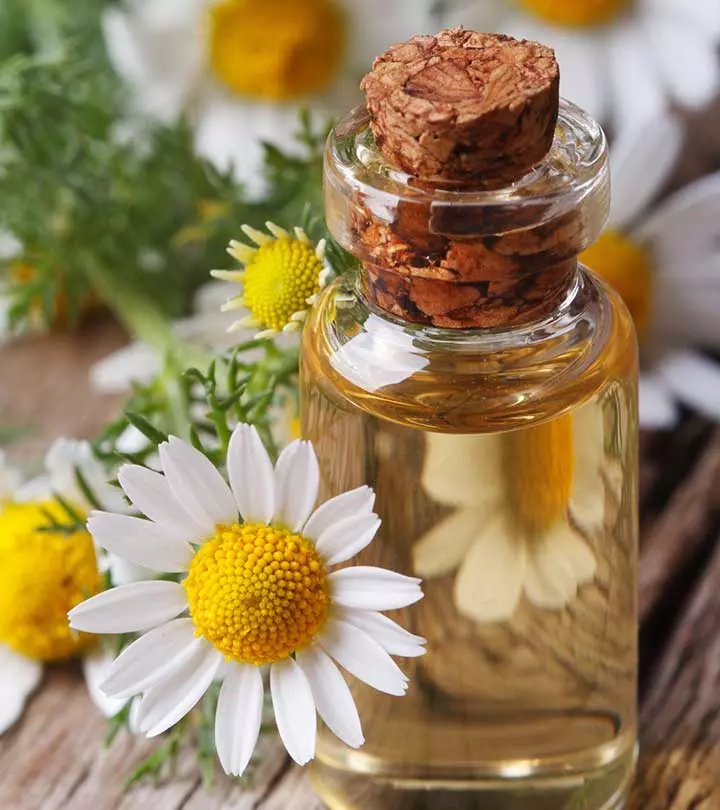

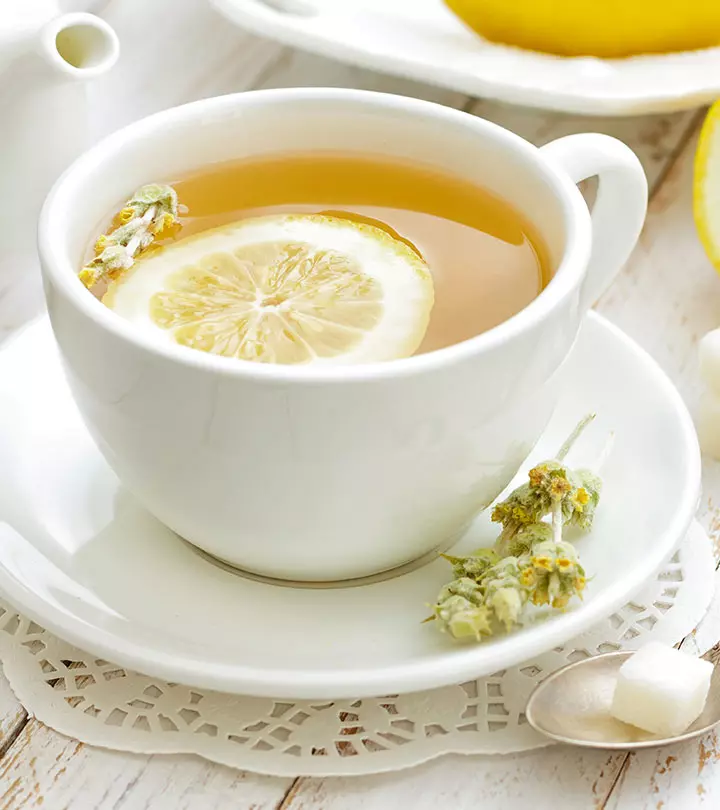
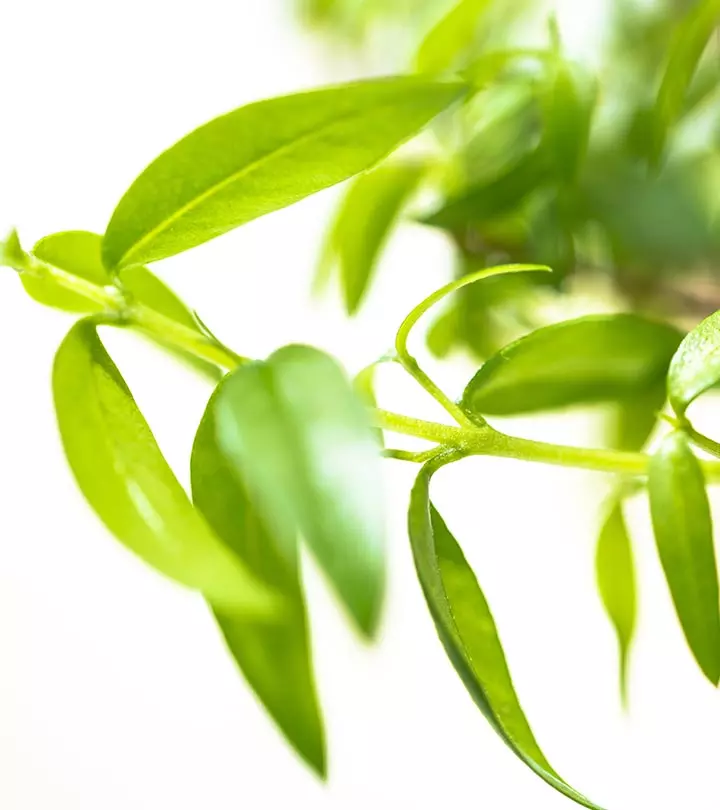
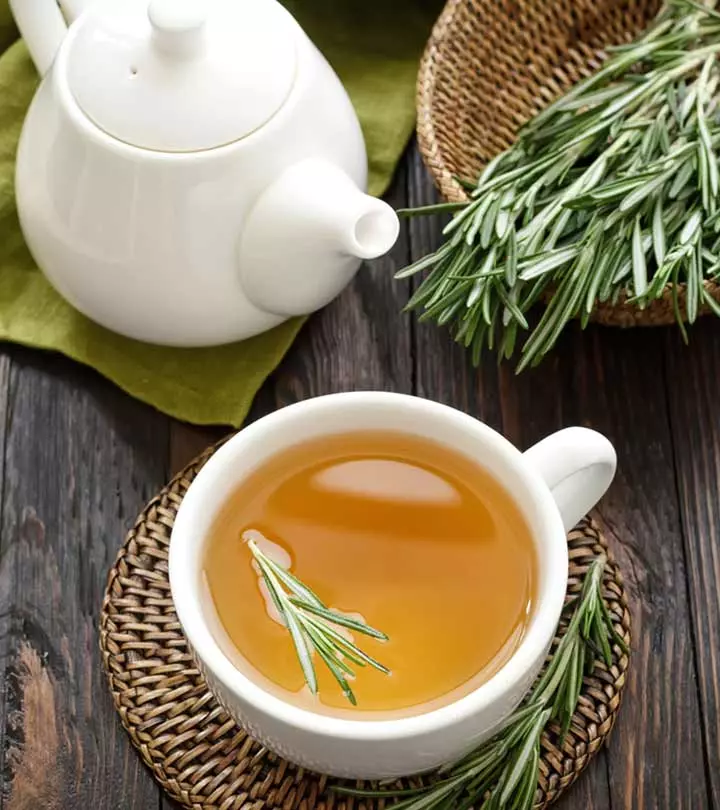
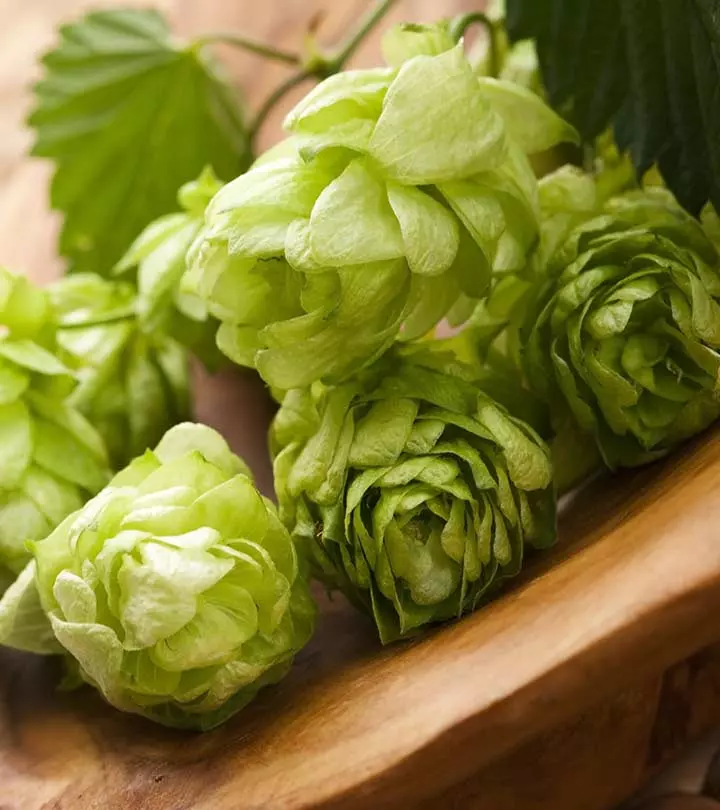
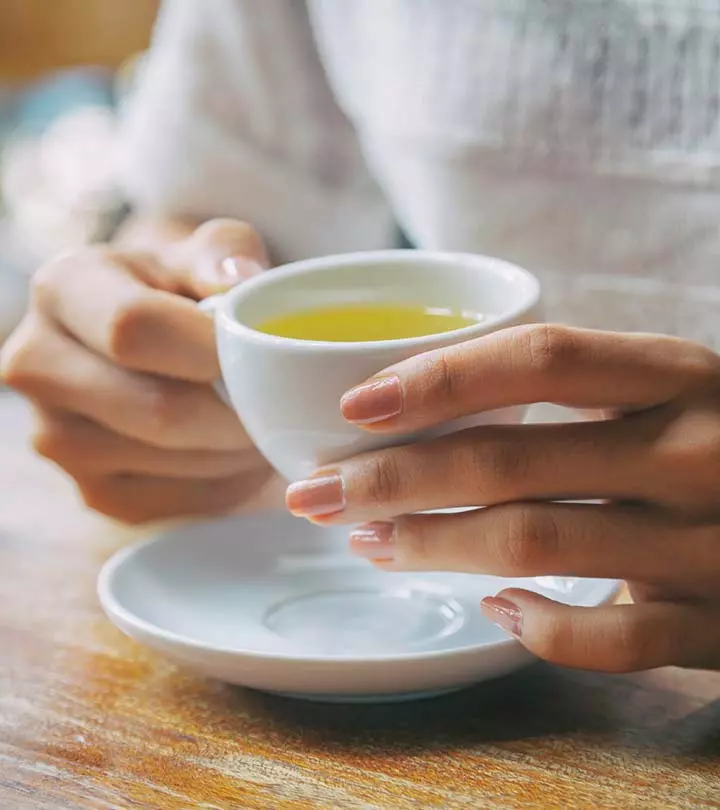


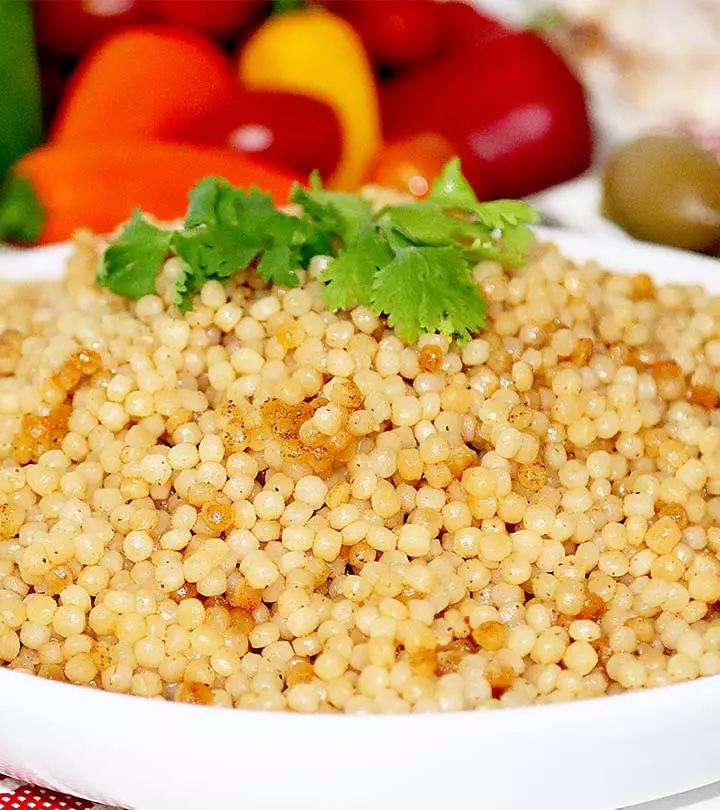
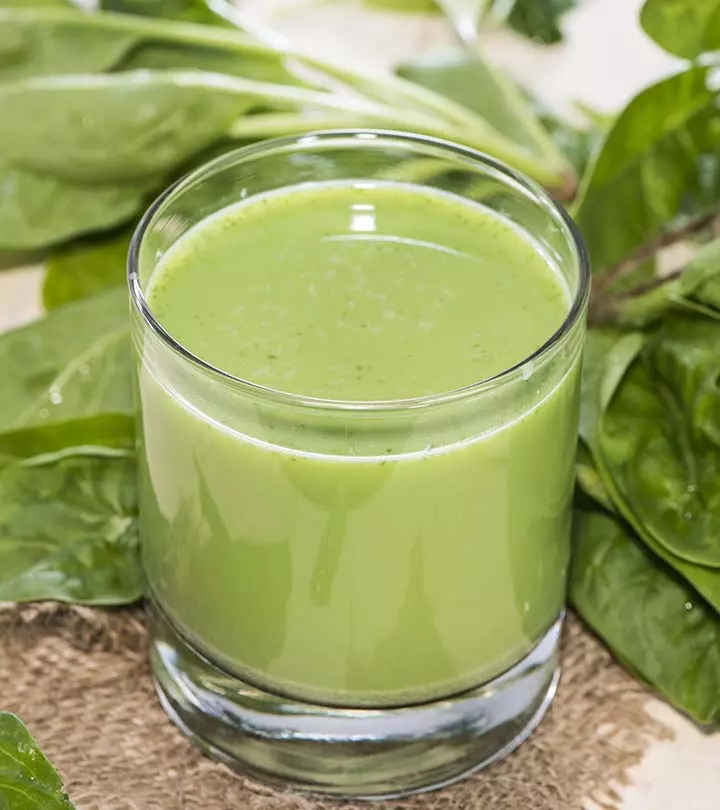
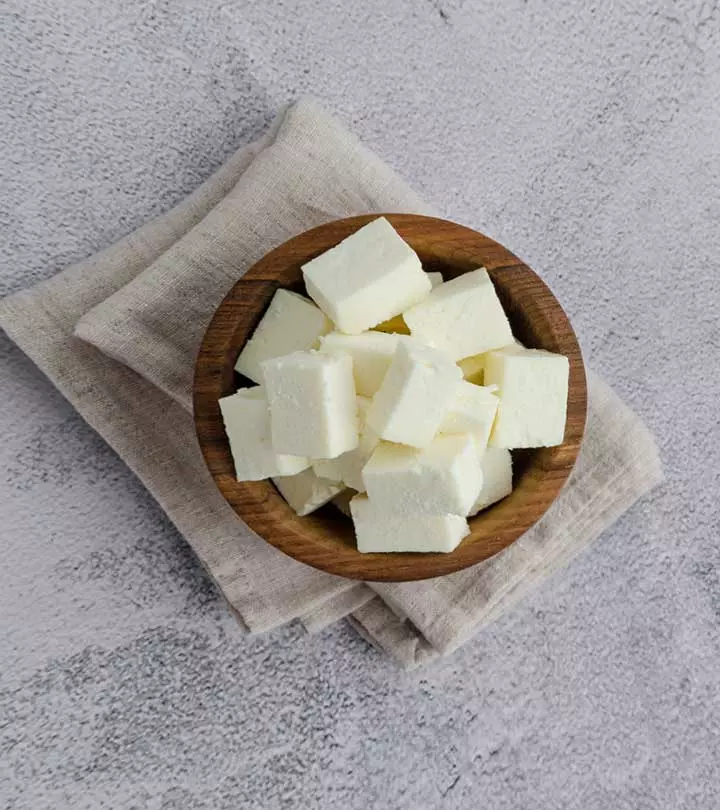
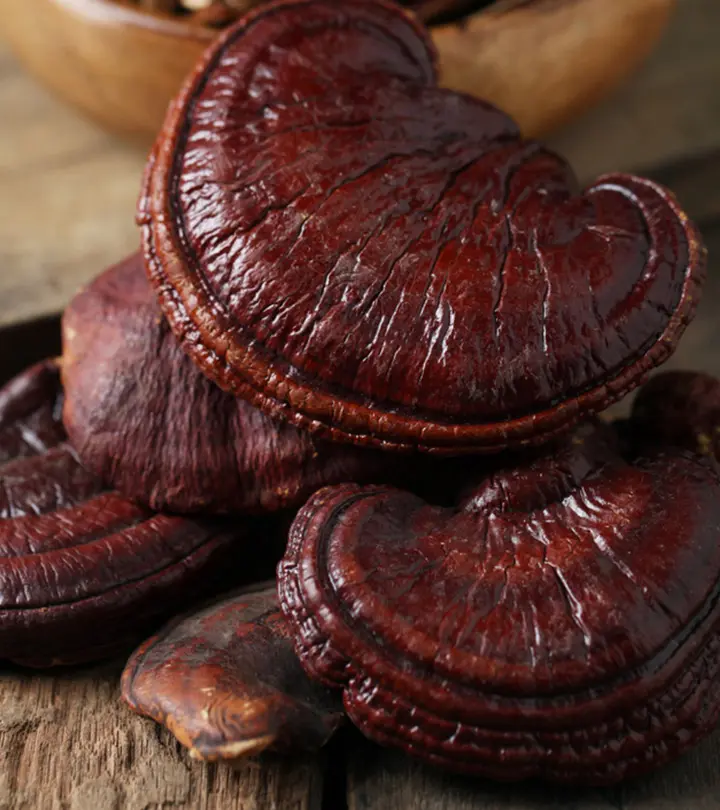
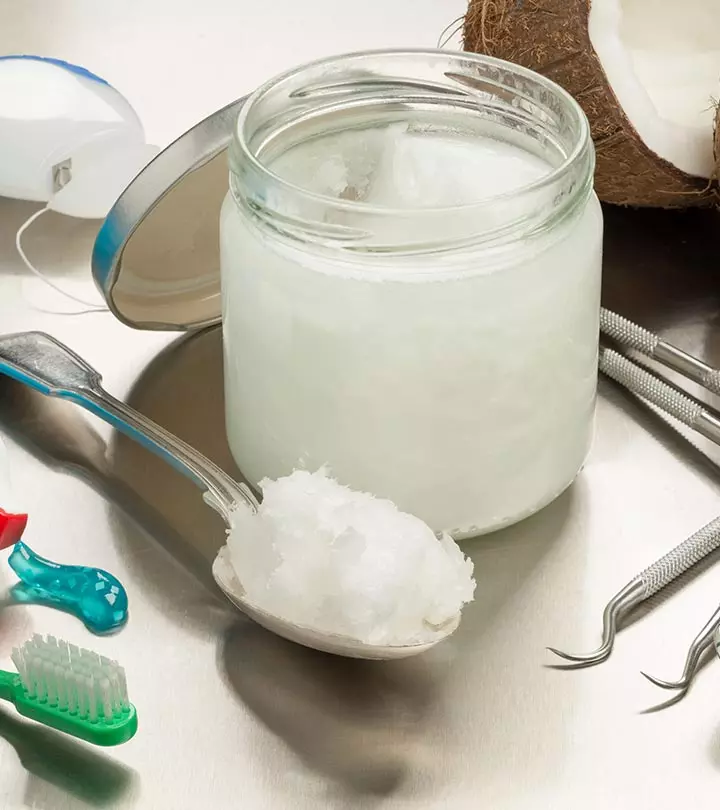

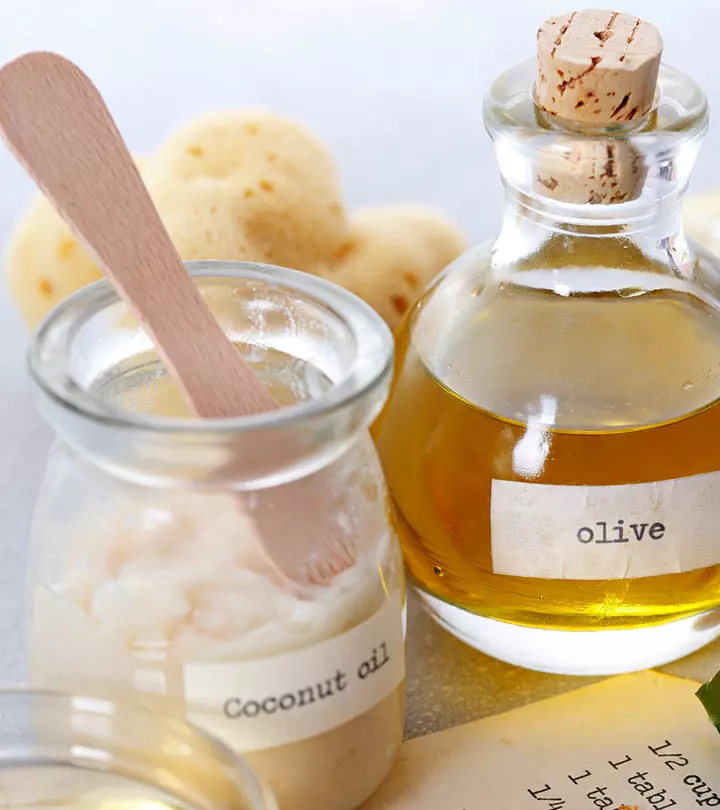

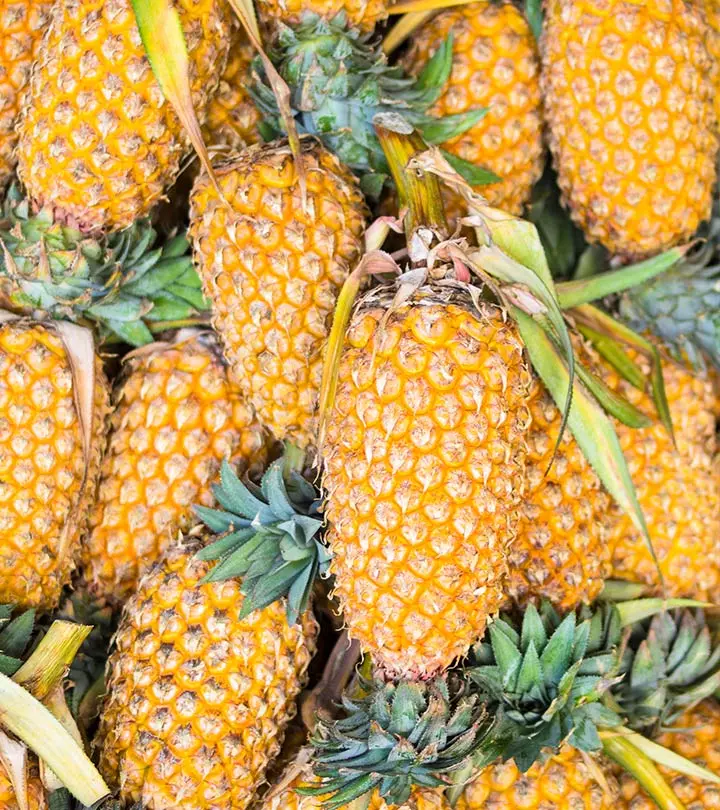
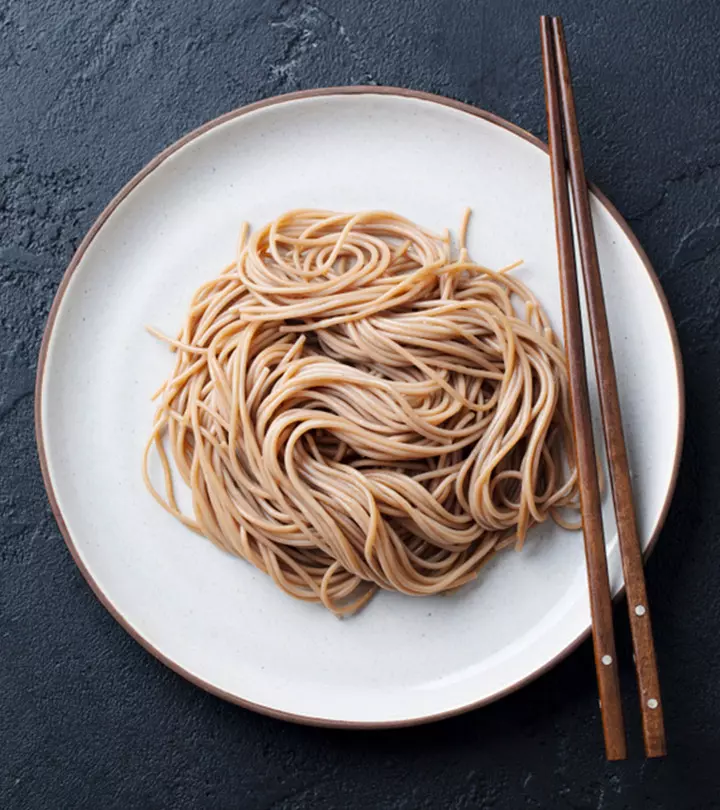
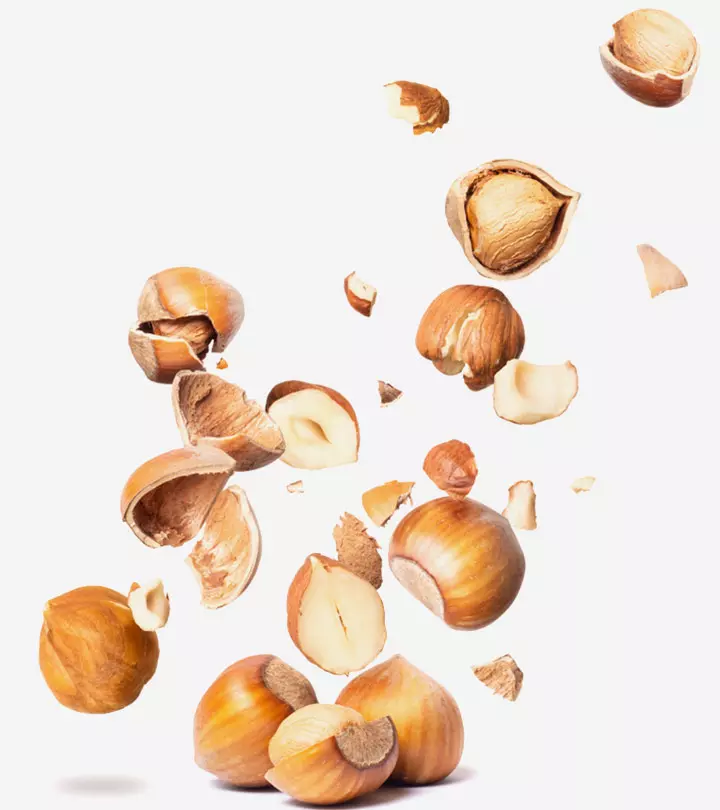
Community Experiences
Join the conversation and become a part of our empowering community! Share your stories, experiences, and insights to connect with other beauty, lifestyle, and health enthusiasts.